I’m trying to implemennt a simple text file reader by creating a function that takes in the file’s path and converts each line of text into a char array, but it’s not working.
function readTextFile() {
var rawFile = new XMLHttpRequest();
rawFile.open("GET", "testing.txt", true);
rawFile.onreadystatechange = function() {
if (rawFile.readyState === 4) {
var allText = rawFile.responseText;
document.getElementById("textSection").innerHTML = allText;
}
}
rawFile.send();
}
What is going wrong here?
This still doesn’t seem to work after changing the code a little bit from a previous revision and now it's giving me an XMLHttpRequest exception 101.
I’ve tested this on Firefox and it works, but in Google Chrome it just won't work and it keeps giving me an Exception 101. How can I get this to work on not just Firefox, but also on other browsers (especially Chrome)?

